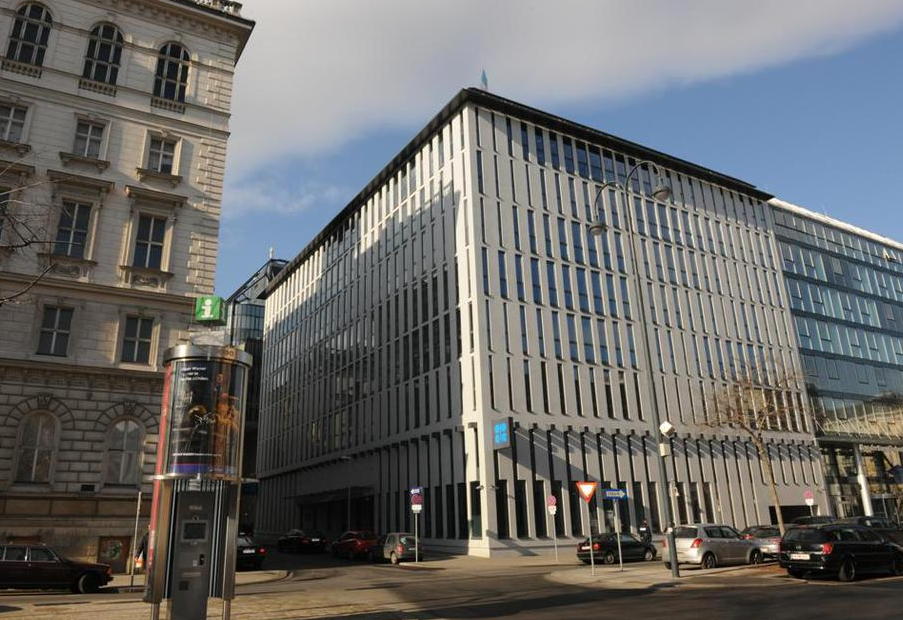
As OPEC prepares for talks on eliminating a global crude glut, Nigeria’s oil minister says he’s more concerned about the potential for U.S. shale suppliers to replace the lost barrels by ramping up their own output, quelling any price rally the producer club might achieve.
“The challenge is less with OPEC and more with the outer forces we don’t control,” Emmanuel Ibe Kachikwu, the country’s minister of state for petroleum, said Thursday in an interview in Tokyo. “The U.S. is beginning to ramp up volumes again.”
Nigeria is among nations at the sharp end of the global crude surplus. Prices are below its fiscal break even and surging U.S. shale production restricted its biggest export market to a fraction of what it used to be. The African country has also had to grapple with militant attacks on its oil infrastructure this year. The Organization of Petroleum Exporting Countries meets Nov. 30 in Vienna to assign output quotas after agreeing on a framework deal in September.
“My greater worry is less than OPEC’s ability to find unity in these issues, which I think we will, and more the fact of how much even a decision we make impacts the pricing issues,” Kachikwu said. Oil may rise only slightly above $50 a barrel if a consensus is reached, and could fall as low as $44 without a deal, he said. Benchmark Brent traded at $48.50 at 9:04 a.m. in London.
OPEC members have called for production cuts to boost prices that remain below half their level of mid-2014. They’ve been holding preliminary talks on how to share the burden of cuts to bring the group’s supply to as little as 32.5 million barrels a day.
Nigeria itself would be exempt from a deal since its production has suffered from a wave of militant attacks. The country aims to boost output to 2.2 million barrels a day by the end of the year from 1.9 million now, Kachikwu said.
Militants damaged the Forcados pipeline this month and the minister said the incident was the only recent disruption that he knew of. That would cast doubt on claims published on the website of the Niger Delta Avengers that the group struck the Nembe Creek Trunk Line earlier this month.
The trunk line feeds the Bonny export terminal. Royal Dutch Shell Plc, the operator of that facility, said Nov. 21 that it wasn’t under force majeure, a measure that would allow it to miss contractual deliveries. The company confirmed that Forcados, which it also controls, was subject to force majeure.
Of any OPEC nation, Nigeria was perhaps the hardest hit when U.S. shale production surged because, in addition to the price plunge that ensued, the African country also lost its biggest export market. Having once sent more than 1 million barrels a day across the Atlantic on tankers — more than half its total shipments — that dropped to zero in the middle of last year, U.S. Energy Information Administration data show.
U.S. oil production has risen in five of the past six weeks, according to information from the EIA. It stood at 8.69 million barrels a day in the week ended Nov. 18.
The International Energy Agency also expressed concern this week that any price surge following a deal could be snuffed out as rival production returns.
If OPEC clinches an agreement, prices could rise to $60 and trigger a jump in global output, particularly from U.S. shale producers, IEA Executive Director Fatih Birol said in an interview with Bloomberg Television. That boom could put downward pressure on prices again within nine months to a year, he said.